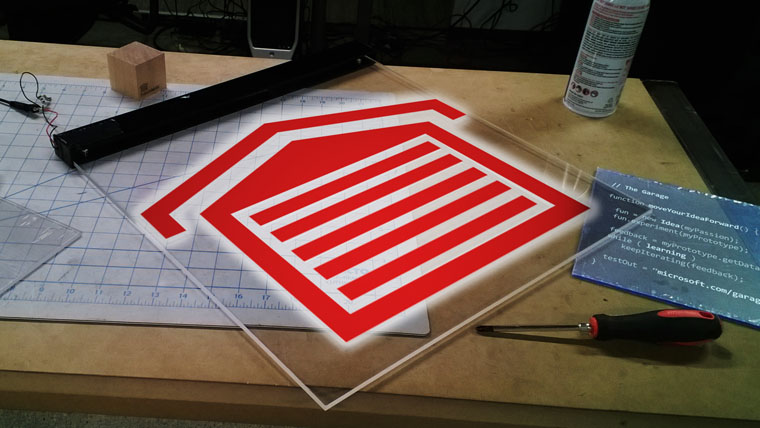Exclusives

Microsoft Garage’s Legato Touts Importance of Experimentation, Collaboration
Story Highlights
Experimentation and collaboration are the keys to success when an organization is trying to innovate, according to Anne Legato, chief communicator at the Microsoft Garage, a project lab at the software giant that allows its employees to work on projects apart from their normal roles at the company.
“We do so much better when we use each other’s resources and we use each other’s intelligence and experience to make things happen,” she said at the June 14 Transforming Home Entertainment (THE) Summit in Los Angeles. “Innovation doesn’t happen on an island. It really happens through interaction,” she said.
Microsoft Garage was started by a “rebel faction” at Office Labs in 2009, she said. They had “great ideas” and felt that they “weren’t being heard,” so they wrote a “manifesto” and formed a group that worked on projects after hours, she said. “It just caught on like wildfire,” she said, pointing out that within a few years of starting the Garage, there were more than 35 chapters of it globally, with more than 3,000 people participating in only about four years.
The creation of the Garage was “great timing” because Microsoft was “going through kind of a stagnation period, and people were so hungry to do something” and didn’t feel they had the opportunity to do so at the company, she said.
There was a “huge shift” in Microsoft’s strategy in 2014, when it got a new CEO, Satya Nadella, who “blew everything up,” she said. Nadella implemented “deep cuts and changes in what we did,” she said at the Summit. Nadella had always been a fan of the Garage and recognized it was a platform and an opportunity to “help make those cultural changes that he needed to drive innovation” throughout Microsoft, she said.
Nadella’s position was that the industry didn’t respect tradition; it only respected innovation, she said. As part of the significant changes Nadella made at Microsoft, the company had to change the old ways of doing things, she said, adding: “We had to cut down silos and we had to work across boundaries. So many of our products now are mashed together and we couldn’t possibly operate in the way that we had been doing in these giant silos of products. We had to get together or die.”
But change doesn’t happen at a company until the employees “buy into it and start enacting it,” she said. The Garage has helped the company accomplish those changes because it is a program that “helps people change themselves,” and it “helps people challenge themselves; it helps them find other people of like mind; it helps them learn about products outside of their normal sphere, or work with people or meet people they’ve never met before,” she said.
The “experimental” Garage program at Microsoft, known internally as the ship channel, officially launched about 18 months ago, in 2014, as part of a full-blown business division within Microsoft. It kicked off with16 projects and added another 35 or so since then, Legato said. It now serves as an “experimental outlet” for diverse teams across Microsoft, including Outlook.com, she said.
Many of the cross-platform projects started within the Garage “don’t go anywhere,” but many of them do, she said, pointing to an artificial intelligence app as one example of a project that went from just an idea to one that was showcased at the Microsoft Build Developer Conference and will eventually be released through the Garage. But, in general with Garage projects, “there’s no crystal ball saying this is going to be a wild success because it’s an experiment,” she said.
Microsoft Garage is looking for people with a willingness to experiment and collaborate with other people, she said, adding that it’s not just large-scale products that are important. Small-scale projects have value and don’t have to become blockbuster profit generators, she said.
The Garage also runs an intern program that has developed projects including an Xbox game that was built in 12 weeks, she said, showing it to attendees. The company offers Garage internships twice a year in Cambridge, Mass., as well as in Vancouver and India, with about 90 interns total across all locations, she said. Most interns apply through word of mouth.
The company’s programs also include a global hackathon across many Microsoft facilities. Last year, more than 80 countries participated in it and about 9,000 people typically sign up, Legato said. The third one is coming up in late July and includes 48 straight hours of hacking and then a half-day science fair showing what they did, she said. More than 3,000 projects are entered into each hackathon, she said, adding that it challenges people to take time away from normal work to work on something they are interested in and passionate about. And computer coding isn’t the only important skill required, she said, pointing out that the hacking teams also need people with legal, designing and marketing skills.









